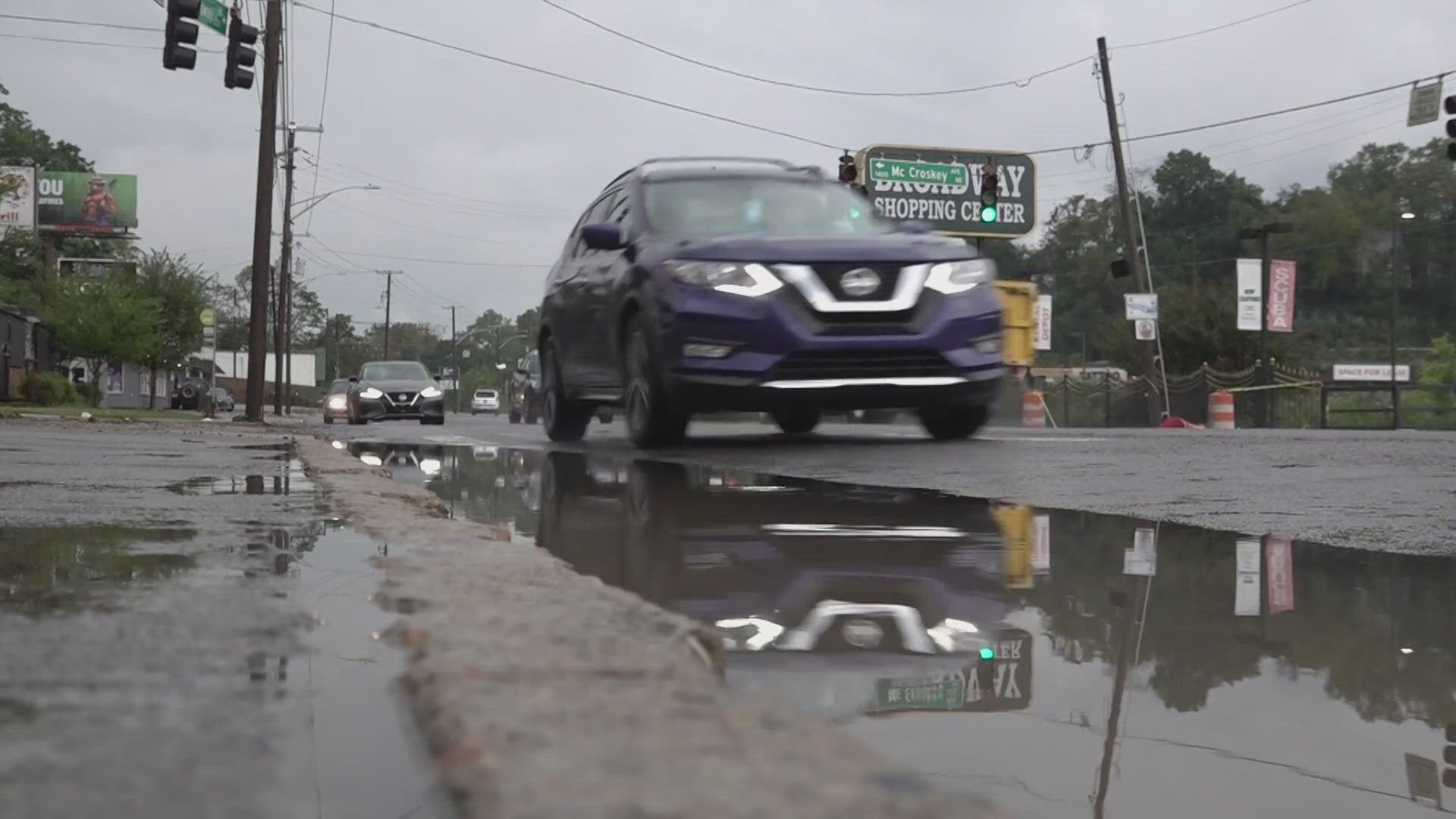KNOXVILLE, Tenn. — Severe weather is expected to hit East Tennessee on Thursday and Friday. Rain is expected to lead to flooding in some parts of the region, and the remnants of Hurricane Helene are expected to bring gusts of wind that could topple trees and damage homes.
There are a lot of ways to get ready for a storm. Before severe weather hits, people can make sure they close their windows and have non-perishable food in stock. They can also make sure to have extra clothes available.
Those are basic steps to prepare for storms. though. People should also make sure to elevate appliances like televisions, microwaves and air fryers if their home is prone to flooding — putting them on tall counters or shelves. Large appliances like fridges or washers can also be placed on raised platforms before severe weather hits.
Appliances should also be unplugged, in case of power surges.
People should make sure to have all their needed medications in a safe and accessible place. People who need to use oxygen machines or who need to store medications in a cold spot should make sure they have a backup power source.
To preserve food inside of freezers and fridges, people should avoid opening them. Fridges can stay cold for around 4 hours when left closed, and freezers can stay cold for up to 48 hours.
People should also move patio furniture inside, to prevent it from flying away. They should also tie down any loose objects they have outside — if the items can't be brought inside. Thursday evening and into Friday, gusts can range between 60 mph to 80 mph in some areas of East Tennessee.
In conditions like that, loose objects can damage homes and injure people. So, make sure to review documents like insurance policies before the storm hits, just to prepare in case anything serious happens.
Families should also have a designated "go point" that people can go to in case an emergency happens, and where groups can meet back up in case they are separated.
Cars should also be filled with gas. One of the most important things to remember during severe weather is to never drive through large puddles. There is no way to tell how deep they could be. They could flood vehicles and trap people inside.

